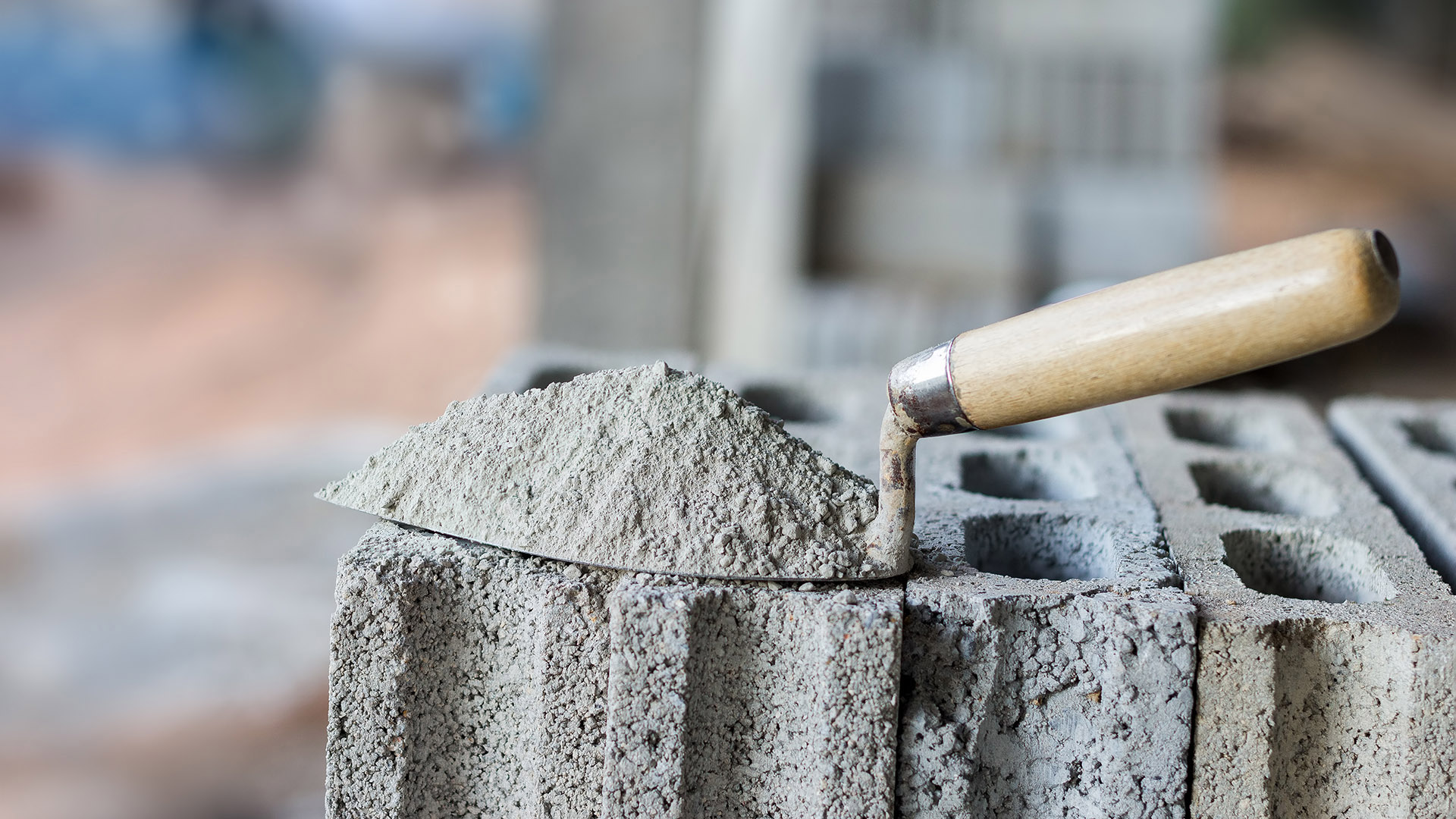How Much is Cement in Nigeria: July 2024 Update
How Much is Cement in Nigeria: July 2024 Update
Cement remains a fundamental component in Nigeria’s construction industry, influencing both small and large-scale building projects. As of July 2024, cement prices have seen some variation across different brands and regions, driven by various economic factors. Here’s a detailed look at the current cement prices and the factors affecting them.
Current Cement Prices
Retail Prices
The prices of cement in Nigeria vary by brand and location. Here are the current retail prices for popular cement brands:
- Dangote Cement: ₦6,200 – ₦8,500 per 50kg bag
- BUA Cement: ₦6,200 – ₦8,500 per 50kg bag
- Lafarge Cement: ₦6,000 – ₦8,000 per 50kg bag
- Eagle Cement: ₦6,000 – ₦8,000 per 50kg bag
- Ibeto Cement: ₦6,000 – ₦8,000 per 50kg bag
- Elephant Cement: ₦6,000 – ₦8,000 per 50kg bag (Okay.ng) (Nigerian Queries) (Nigerian Prices | Naija Price Watch).
Wholesale Prices
For those looking to purchase in bulk, here are the average wholesale prices:
- Dangote Cement: ₦4,800,000 per 600 bags
- BUA Cement: ₦4,120,000 per 600 bags
- Lafarge Cement: ₦4,240,000 per 600 bags
- UNICEM Cement: ₦4,240,000 per 600 bags (Nigerian Queries) (Nigerian Prices | Naija Price Watch).
Factors Influencing Cement Prices
1. Global Market Conditions
The international price of cement affects local prices due to Nigeria’s reliance on both imported and locally produced cement. Changes in global supply chains, geopolitical events, and raw material costs play significant roles.
2. Exchange Rates
Fluctuations in the Naira to US Dollar exchange rate significantly impact the cost of importing raw materials and finished products, thus influencing cement prices.
3. Transportation Costs
Transportation logistics from production facilities to various regions in Nigeria can lead to price variations. Areas farther from production sites typically face higher costs due to increased transportation expenses.
4. Supply and Demand Dynamics
High demand in the construction sector can drive up prices, especially when supply is limited. Conversely, increased production or decreased demand can lead to lower prices.
Managing Cement Costs
Here are some tips to help manage cement costs for construction projects:
1. Buy in Bulk
Purchasing cement in larger quantities can provide cost savings and better pricing deals from suppliers.
2. Plan Ahead
Timing your purchases to avoid peak construction seasons can help you secure better prices.
3. Compare Prices
Always compare prices from multiple suppliers to ensure you are getting the best deal.
4. Consider Alternatives
Using alternative building materials or methods that require less cement can help reduce overall construction costs.
Conclusion
Understanding the current cement prices and the factors influencing them is crucial for effective project planning and budgeting. As of July 2024, the cost of cement in Nigeria ranges between ₦6,000 and ₦8,500 per 50kg bag, with variations based on brand and location. By staying informed and adopting strategic purchasing practices, consumers can better manage their construction expenses.
For more detailed and up-to-date information, visit sources like Okay.ng and Nigerian Price.








Comments are closed.